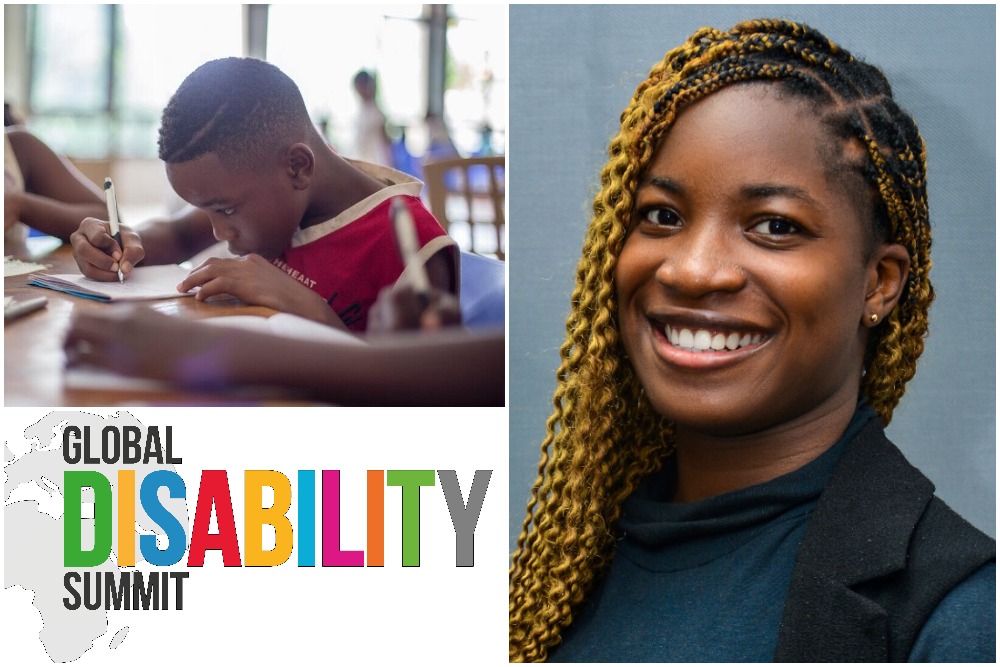
How businesses can help disadvantaged children to keep learning in the time of coronavirus

The Global Business Coalition for Education (GBC-Education)
The Global Business Coalition for Education is appealing to companies to use their expertise and resources to support projects in six African countries.
Businesses are being urged to help ensure that disadvantaged children don’t miss out on education during the coronavirus crisis.
The global school closures that affected more than one billion students have exposed a massive digital divide between those who have computers and good internet connectivity to help them learn at home and those who don’t. Even in the most developed countries.
Imagine the impact in nations like Somalia or South Sudan, where only 10% and 17% of the population can access the internet.
The Global Business Coalition for Education – an initiative of Theirworld – is calling on the business community to provide solutions so that disadvantaged and vulnerable children are not left behind. GBC-Education is working urgently to support learning in Ghana, Kenya, Nigeria, Somalia, South Sudan and Uganda.
For the past few months, it has been using the Rapid Education Action (REACT) platform to identify needs in specific areas. It then mobilises corporate resources and expertise to match those requirements and provide high-tech, low-tech and no-tech solutions to minimise the long-term impacts of children missing out on schooling.
“Covid-19 has brought disruptions to education at an unprecedented scale and speed,” said Jake Taesang Cho, Senior Manager, Strategic Partnerships at GBC-Education.
“We’ve been working with organisations on the front lines – including ministries of education, UNESCO, UNHCR and Education Cannot Wait – to mobilise businesses to support the transition to remote learning and other modes of instruction to ensure students can continue to learn during and beyond the pandemic.
“We are seeing a convergence of needs around five main areas and are calling on businesses to partner with these educational actors to provide crucial in-kind, technical or financial support.”
In Nigeria, where fewer than 8% of households have access to the internet, Kesiena Onoge, from the Ogudu suburb of Lagos, does manage to go online with her six-year-old daughter Naomi – but only for two hours a day. She said: “The network generally is bad and slow, and then uploading or attaching the assignment is tough.”
GBC-Education said key needs include producing learning content online, in print, on TV and on radio, as well as training teachers in remote methods and connecting families to the internet. Here is a rundown of where support is most needed:
1. Distance learning
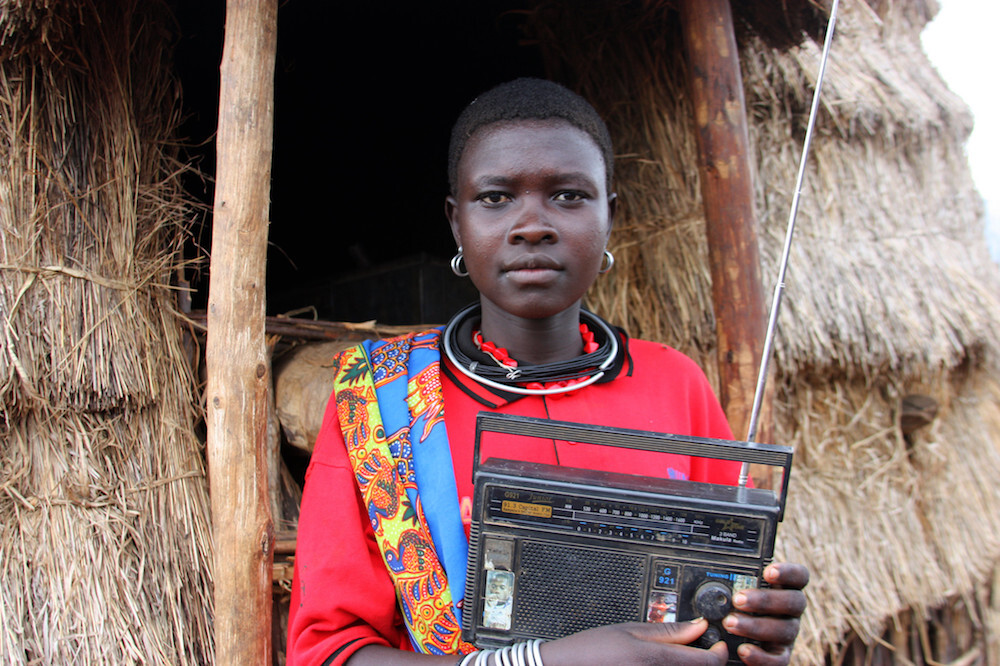
A student taking a lesson by radio
Description
Deliver free access to pre-primary, secondary and post-secondary digital learning content for subjects like language arts, mathematics, science, coding and soft skills.
Support is needed to…
Develop, digitalise and package learning and teaching material in alignment with national curriculums. Upload content to distance learning platforms and other online support. Support the monitoring, assessment and supervision of learning on these platforms and systems.
2. Teacher training
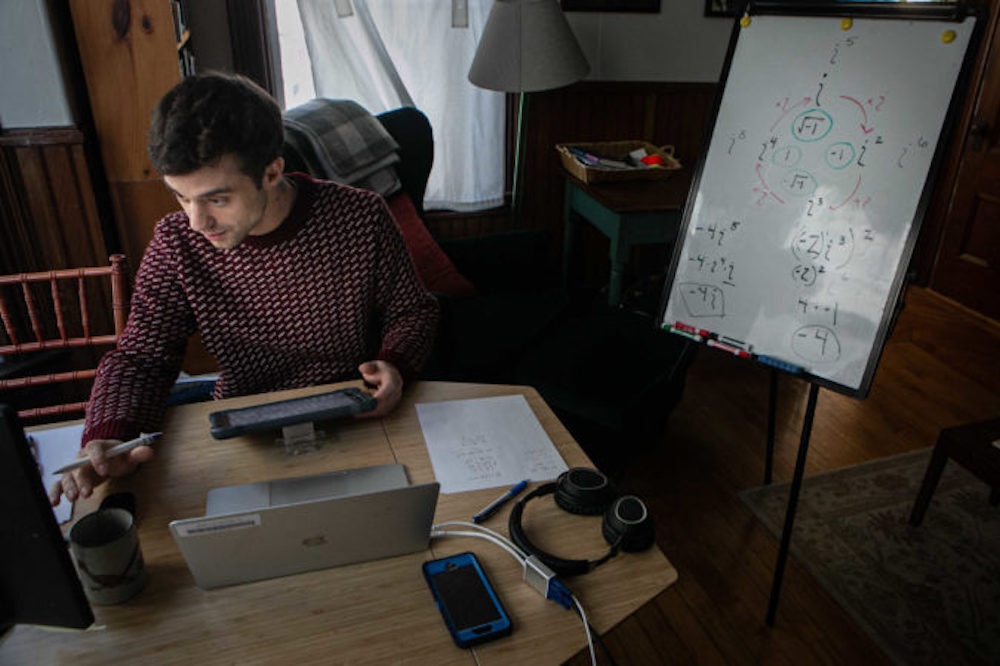
Many teachers are continuing lessons from home (BDN)
Description
Equip teachers to continue delivering education effectively in a remote setting.
Support is needed to…
Strengthen the capacities of teachers, training institutions and teacher trainers on distance learning techniques. Develop instructional materials to support teachers in delivering, monitoring and assessing distance learning. Establish and strengthen digital platforms specifically for teachers and teacher trainees.
3. Student connectivity

Children need to be connected to the internet to enable distance learning (UN Photo)
Description
Connect families to the internet to enable distance learning.
Support is needed to…
Provide internet-connected devices and wireless internet connections to students, teachers and learning institutions.
4. Materials distribution
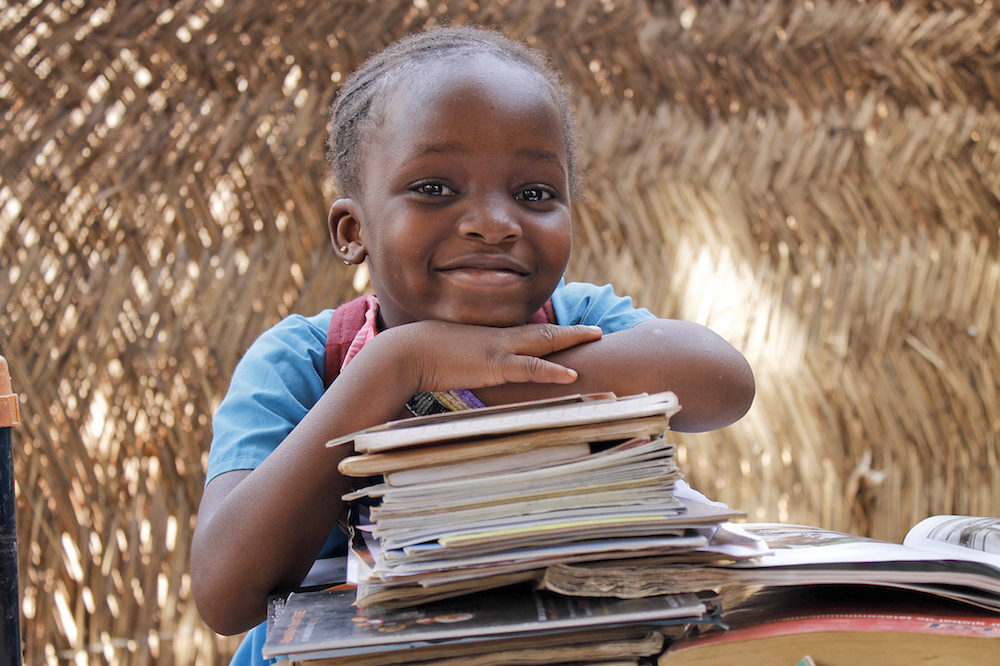
Students in remote area need access to learning materials (UNICEF)
Description
Print and distribute textbooks and other learning materials to students in remote areas without access to digital infrastructures.
Support is needed to…
Print and distribute teaching and learning materials to teachers and students – especially in hard-to-reach places. Provide education content via devices that do not require internet connection such as disks or external hard drives. Monitor the distribution and usage of such teaching and learning materials.
5. Content broadcasting (TV/radio)
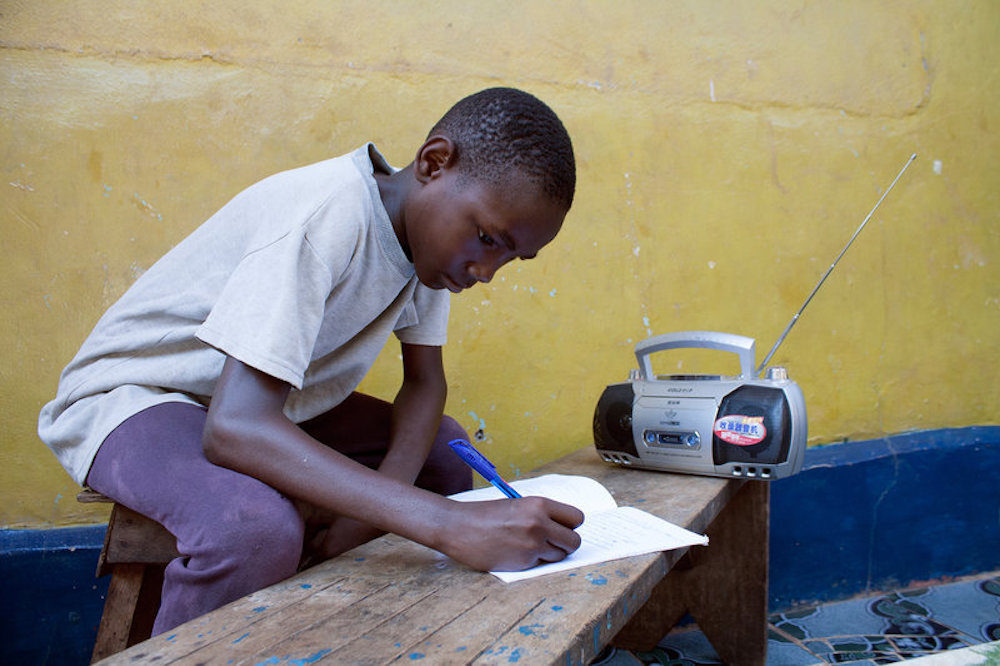
(UNICEF)
Description
Support the production and distribution of educational content for television and radio broadcasting.
Support is needed to…
Package and produce materials to be broadcast by radio and TV. Train educators and facilitators in the delivery of radio and TV broadcasting. Fund and finance air time to broadcast radio and TV stations. Monitor effectiveness and efficiency of distance learning through radio and TV.
How to help
GBC-Education said these are the most urgent needs currently. But as school systems begin to reopen, there will be many more ways in which companies can help. Businesses can go to the organisation’s website to join a mailing list to receive future updates on the education response to coronavirus.
Companies that can provide any of the above resources or services on a pro-bono or discounted basis should email REACT@gbc-education.org.
More news

